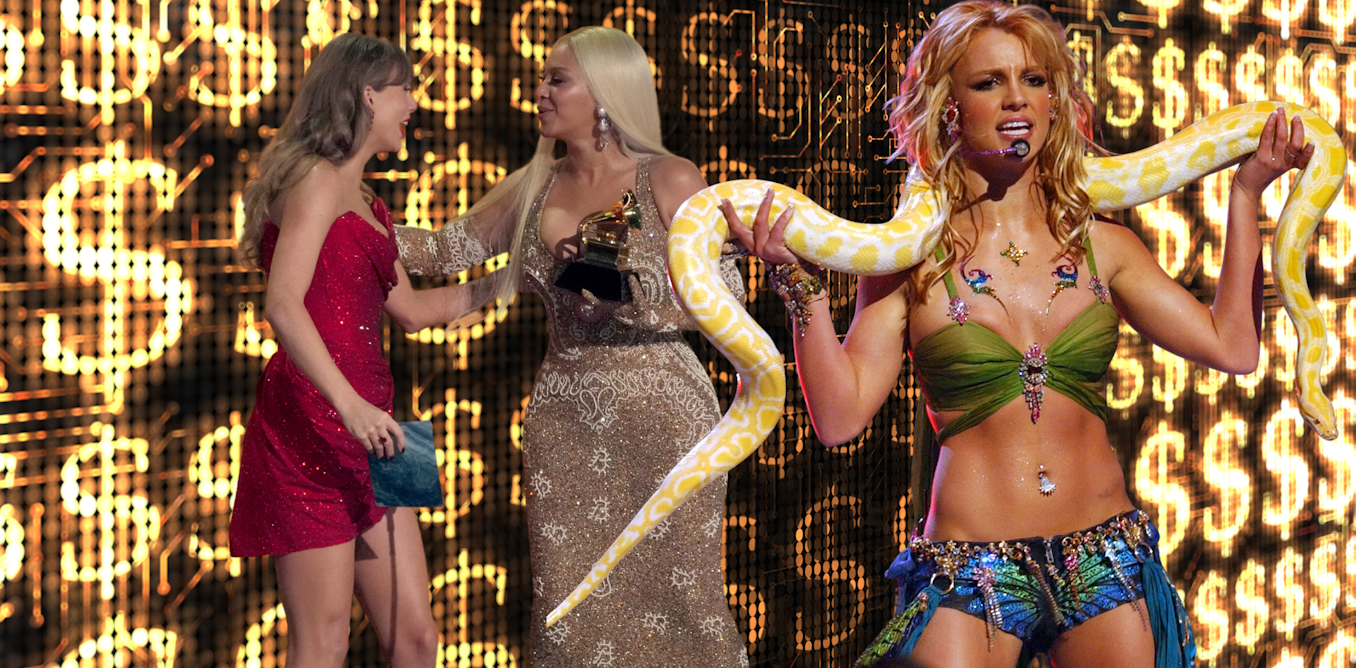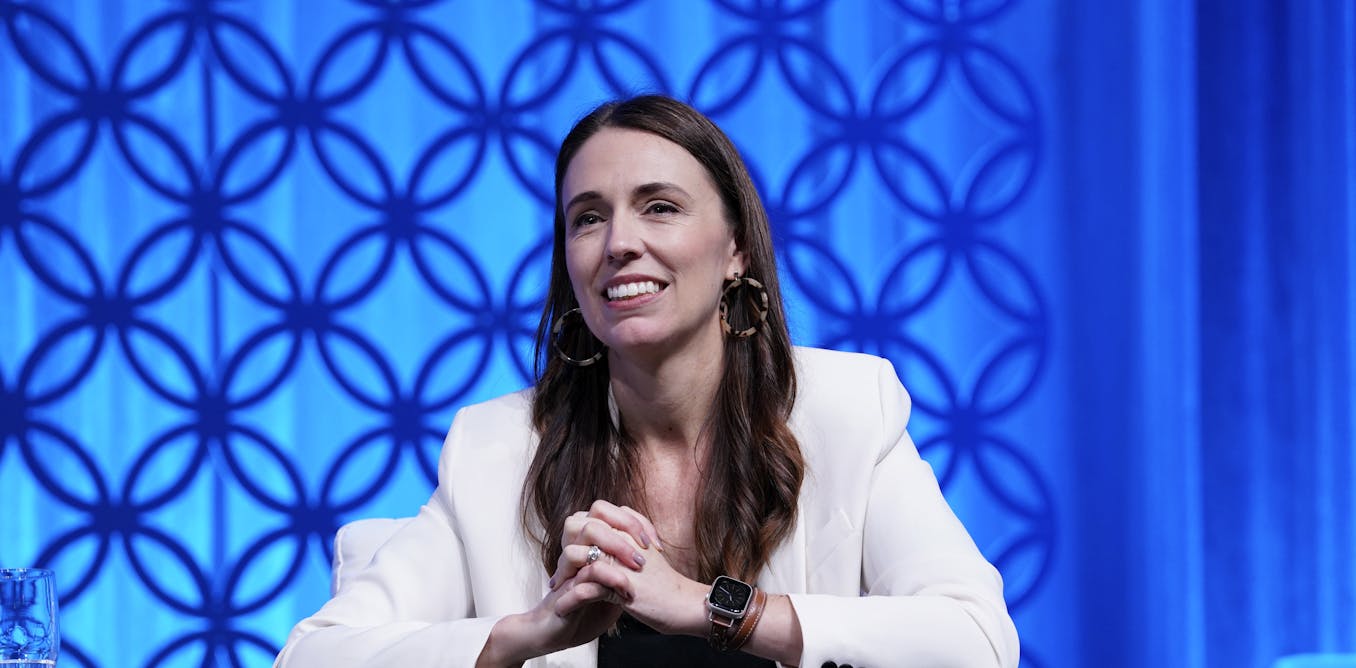Now Reading: Girl power and girl bosses might be ‘feminist’ – but we can’t consume our way to equality
-
01
Girl power and girl bosses might be ‘feminist’ – but we can’t consume our way to equality
Girl power and girl bosses might be ‘feminist’ – but we can’t consume our way to equality

In her book “Girl on Girl,” journalist Sophie Gilbert delves into the influence of movies, TV shows, celebrities, and pop stars on perpetuating misogyny among women, often rewarding them for internalizing it. She examines the evolution of this phenomenon from the 1990s to the present day, citing examples such as the sexualization of young girls in teen comedies, reality TV makeovers, and the mainstreaming of pornography. Gilbert highlights how predominantly white, American-centric popular culture normalizes the exploitation of women. The book swiftly navigates through various instances, featuring personalities like Paris Hilton, Amy Winehouse, and Kathleen Hanna.
While “Girl on Girl” may not introduce groundbreaking ideas, it effectively consolidates existing research and cultural commentary to shed light on how Western popular culture shapes women’s perceptions and behaviors. Gilbert portrays popular culture as a tool that dictates acceptable and desirable conduct for women, drawing connections from Madonna’s influence to the misogyny evident in rom-coms of the early 2000s and political campaigns.
Gilbert’s analysis underlines the intricate relationship between popular culture and the prevalence of misogyny, pointing to its real-world implications such as the erosion of women’s rights and the normalization of gender-based violence. By examining instances like Kate Moss’s exploitation and Miley Cyrus’s public scrutiny, she reveals how media perpetuates the objectification of women.
The book also acknowledges individuals who challenge the status quo, like Lena Dunham and Catherine Breillat, and explores the complexities of feminism in modern culture. Gilbert dissects the contradictions and pressures surrounding femininity, sexuality, and success in popular media, addressing issues like fat shaming and beauty standards epitomized by figures such as Kim Kardashian.
“Girl on Girl” prompts readers to reflect on the role of popular culture in shaping feminist ideals and the responsibility it places on women to drive change. While media often promotes a consumerist approach to feminism, Gilbert advocates for systemic reforms to address gender inequities and societal challenges. She emphasizes the need for a collective effort to dismantle oppressive structures and foster genuine progress for women globally.






